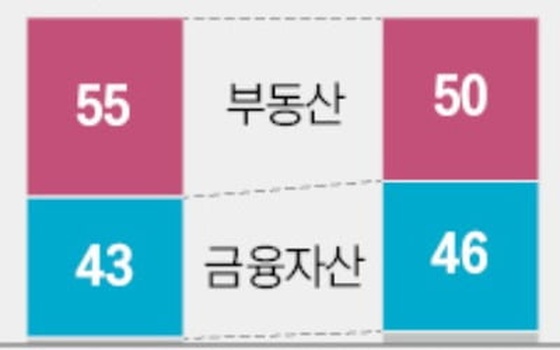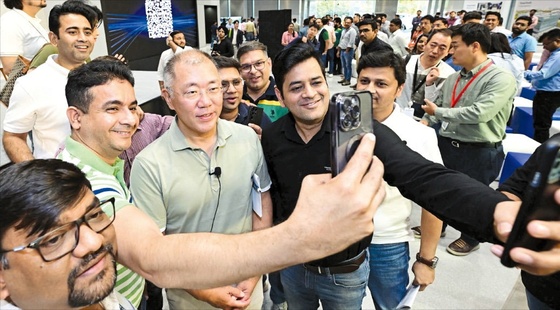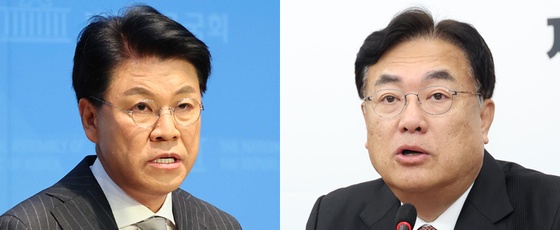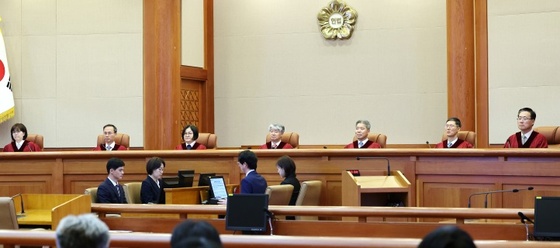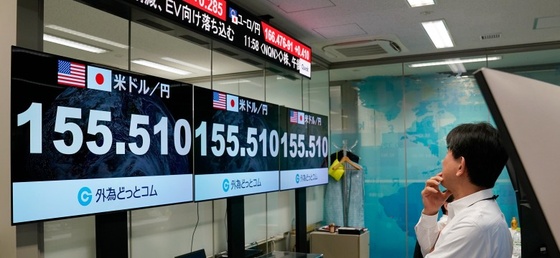[경제공부 합시다] (영어로 배우는 국제경제) 'What...'
One urgent problem facing the new global economy is the danger that
world markets are moving too fast for governmental institutions to keep
up.
( 중략 )
The IMF is trying to curb financial crises such as those that have
engulfed Asia and Russia.
The World Bank is helping countries confront escalating poverty and
establish sound banking regulations and modern corporate governance.
The WTO is overseeing a new global round of trade negotiations.
These are all worthy goals, but are these institutions organized to
reach them?
Afterall, major corporations are flattening their reporting structures
to accelerate decision making, incorporating the latest information
technologies, and intensifying their partnering with one another.
They are enhancing customer service and hiring and retaining the best
people.
But are international governmental organizations doing the same?
Are they simply too slow and bureaucratic to be effective in today''s
super charged global marketplace?
For a clue to the possibilities and the obstacles, keep your eyes on
James D. Wolfensohn, president of the World Bank.
A former Wall Street luminary and onetime chairman of both Carnegie
Hall and the John F. Kennedy Center for the Performing Arts, he took
the reins at the World Bank in 1995.
At the time, it was an organization that required five levels of
decisions and 12 to 15 months to get projects approved.
Making a loan took precedence over evaluating its impact.
Partnerships with other organizations were rare.
Knowledge and experience was poorly shared.
Wolfensohn asked for the resignation of his top 150 managers, made
them reapply for their jobs, and sacked or reassigned 35% of them.
He dismantled a highly centralized operation and forced executives to
relocate closer to their clients around the world.
He linked all of his offices via satellite and posted best practices
for promoting economic development on publicly accessible Web sites.
( 이하 생략 )
= 비즈니스위크 최근호(제프리 가튼 예일대 경영대학원장)
-----------------------------------------------------------------------
[ 수술대 오른 세계은행 ]
지구촌 경제가 직면한 긴박한 문제중 하나는 정부및 공공기구들이 다루기
에는 벅찰 정도로 세계 시장이 급속히 변모하고 있다는 점이다.
국제통화기금(IMF)과 세계은행, 세계무역기구(WTO) 등 국제 기구들은
나름대로 글로벌 이슈들을 해결하기 위한 처방들을 내놓고는 있다.
그러나 그런 정도로는 문제해결이 어림도 없을성 싶다.
그보다는 민간기업들이 훨씬 더 환경변화에 신속하고도 유연하게 대응하고
있다.
주요 기업들은 의사결정을 신속히 내릴 수 있게끔 보고체계를 단순화하고
있다.
또 최신 정보기술을 기업경영에 수시로 반영하고 있으며, 기업간 제휴도
적극적으로 하고 있다.
그런가 하면 고객에 대한 서비스를 부단히 향상하고 있으며, 가장 우수한
인재들을 확보하고 있기도 하다.
그렇다면 국제 공공기구들도 과연 기업들과 같은 변신을 하고 있는가.
급변하는 세계 시장을 효율적으로 관장하기에는 느려 터졌을 뿐 아니라
관료주의의 구태를 벗지 못하고 있는 것은 아닌가.
이 문제에 대한 답을 구하기 위해서는 월가의 금융 베테랑이었던 제임스
울펜슨이 지난 95년 세계은행 총재에 취임한 이후 취한 일련의 세은 개혁
과정을 되새겨볼 필요가 있다.
그는 프로젝트 하나를 승인하기까지 5단계의 결재절차를 거쳐야 하며,
이에따라 12-15개월이 소요됐던 세계은행 조직을 과감하게 뜯어고치는 일에
승부를 걸고 있다.
< 뉴욕=이학영 특파원 hyrhee@earthlink.net >
( 한 국 경 제 신 문 1999년 10월 21일자 ).
-
기사 스크랩
-
공유
-
프린트
![[한경에세이] 소상공인 지원기관이 될래요](https://img.hankyung.com/photo/202404/07.35991182.3.jpg)
![[다산칼럼] 2024년 주주총회가 남긴 성과와 과제](https://img.hankyung.com/photo/202404/07.34201783.3.jpg)
![[차장 칼럼] GTX가 '교통혁명' 되기 위한 조건](https://img.hankyung.com/photo/202404/07.30302760.3.jpg)
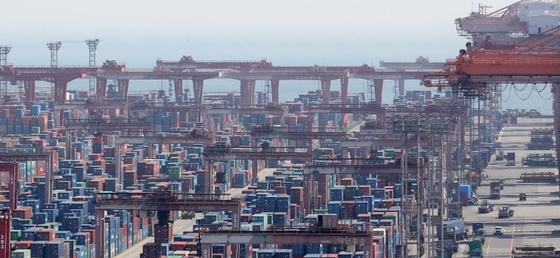
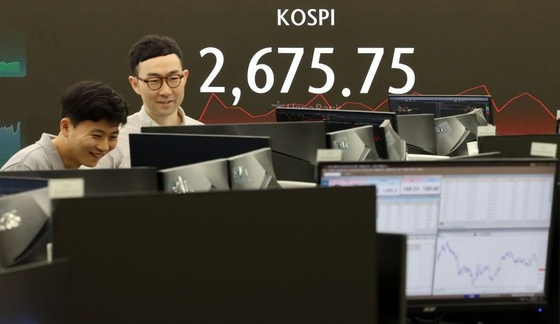
![구글, 사상 첫 배당 '주당 20센트'…AI 불안감 덮었다 [글로벌마켓 A/S]](https://timg.hankyung.com/t/560x0/photo/202404/B20240426073327760.jpg)

